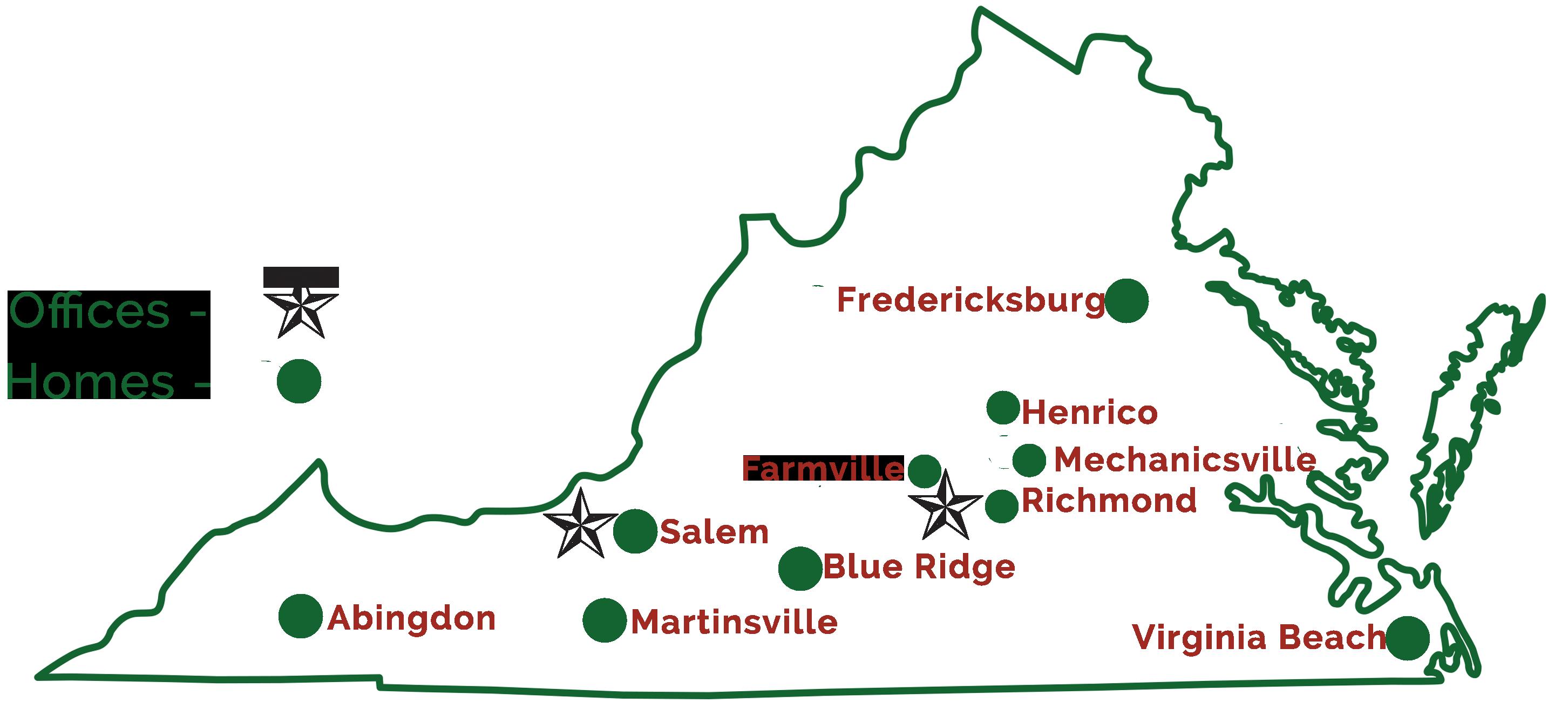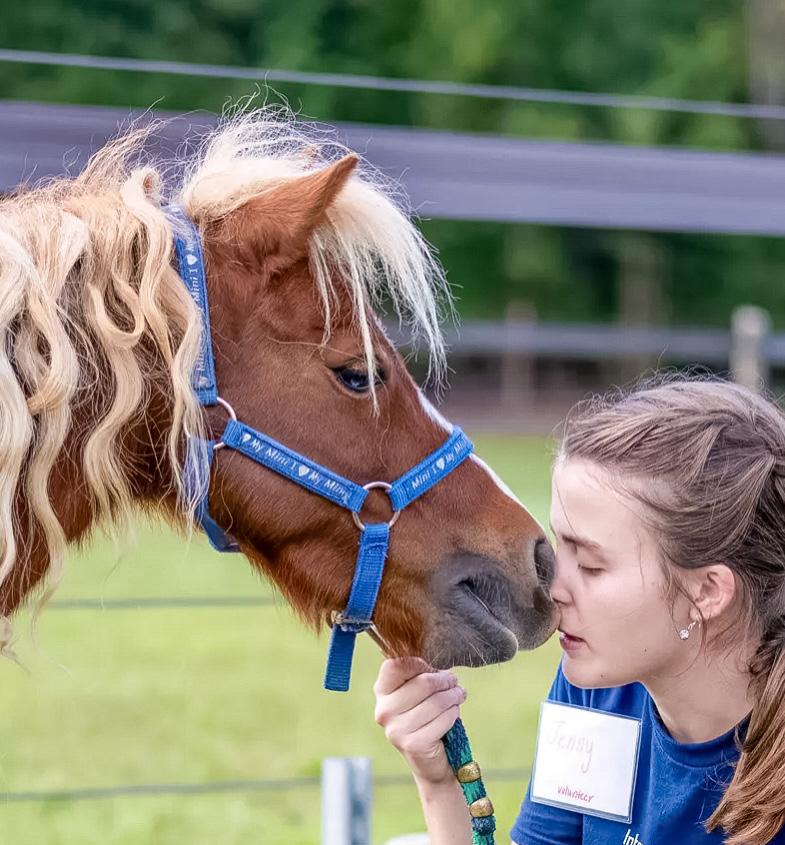

CARING TIMES
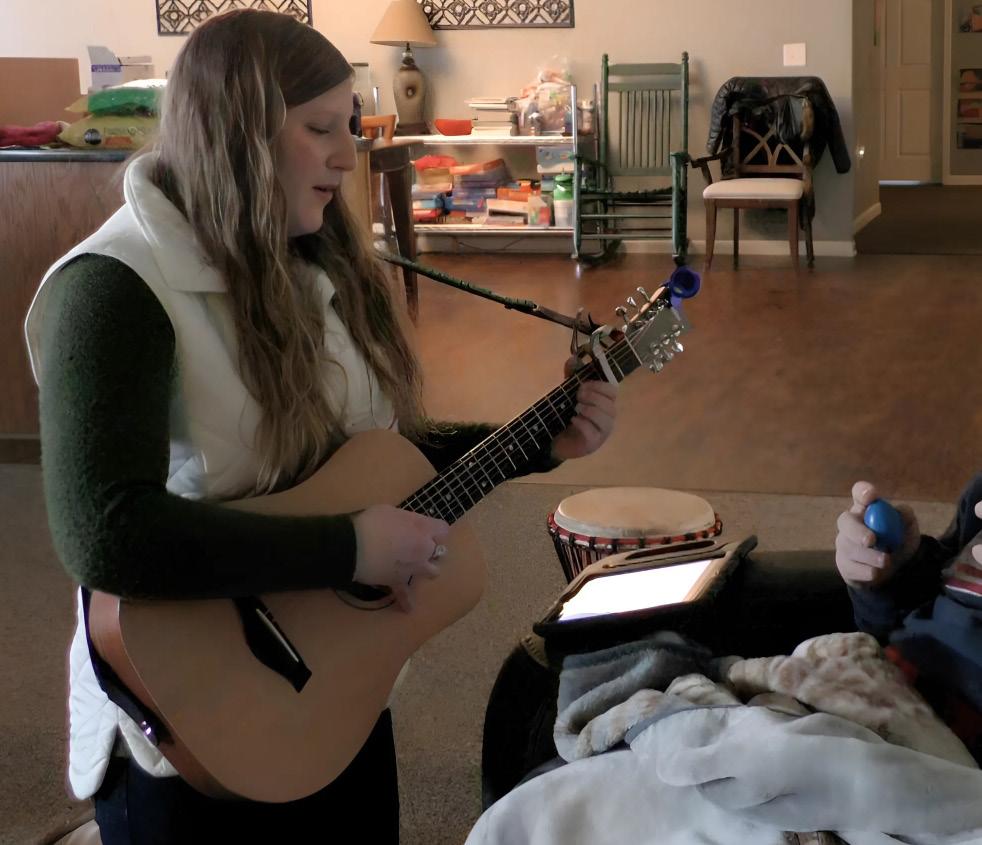
8. FAITH IN ACTION
Abingdon Baptist Church partners with HopeTree to make memories possible for individuals with developmental or intellectual disabilities.
10. I KNEW I WAS SAFE HERE
How the Therapeutic Group Homes program used compassion and structure to pave a path to triumph.
12. TOGETHER AT THE TABLE
An invitation to offer hope, healing, and belonging to the HopeTree community.
13. A GRATEFUL STEP FORWARD
Celebrating the completion of HopeTree’s first permanent accessibility ramp.

RIGHT WHERE SHE BELONGS
A foster parent’s path to adoption and the unexpected joy of finding forever family.
4. FROM THE CEO
Caring Times is published by HopeTree Family Services at 860 Mt. Vernon Lane, Salem, VA 24153. Philanthropy@HopeTreeFS.org
Phone: (540) 389-2112
Select photos may represent volunteers and not actual clients of HopeTree.
President and Chief Executive Officer
Jon Morris
Director of Philanthropy and Partnerships
Leah Shank
Editor Denashia Dunnaville
Writer/Contributor
Chris Dodd
HOPETREE FAMILY SERVICES
860 Mount Vernon Lane PO Box 849 Salem, VA 24153 hopetreefs.org (540) 389-5468
18. IN THEIR OWN WORDS
A powerful personal journey of healing and selfdiscovery through the Equine-Assisted Psychotherapy program.
A partnership brings healing and joy to adults with intellectual and developmental disabilities through music therapy.
Recognizing the individuals and organizations whose support helps HopeTree shine and brings our signature events to life.
FROM THE CEO
As the seasons turn and we approach the end of another year, I’ve been reflecting on the powerful impact we’ve made together through HopeTree’s ministry. Your support has brought hope, healing, and stability to so many lives, and for that, I am deeply thankful.
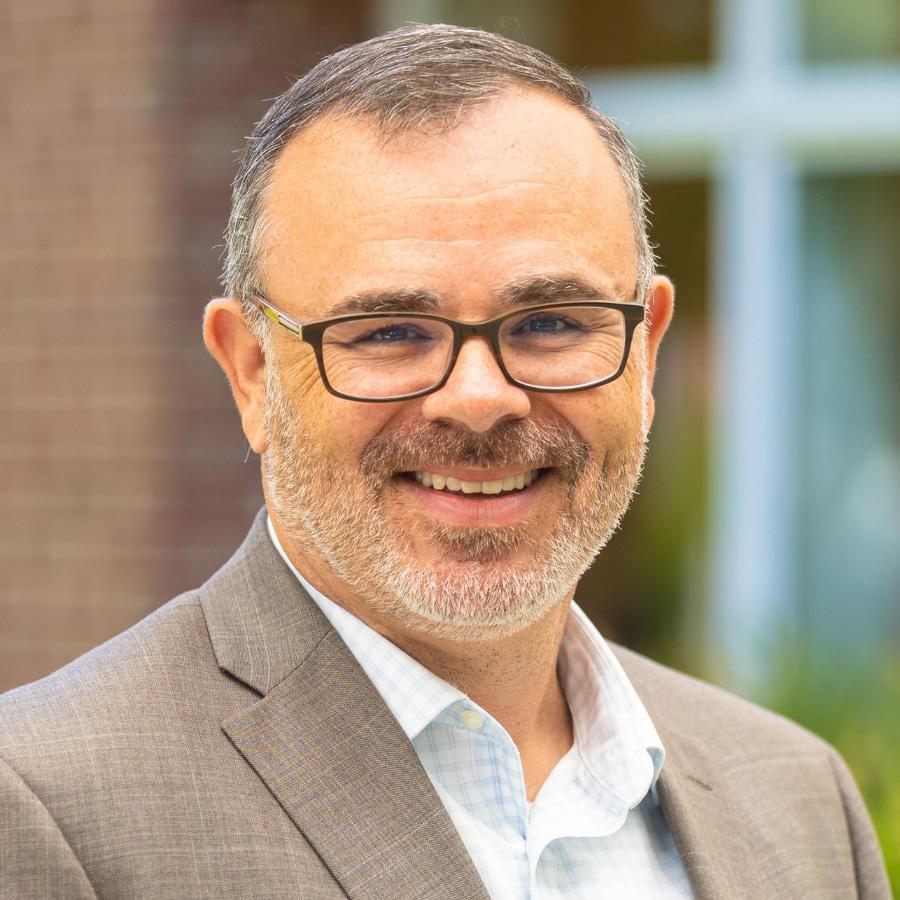
In this issue of Caring Times, you'll read stories that illustrate the heart of our mission: children finding safety and belonging in our Therapeutic Group Home, youth experiencing healing and emotional growth through EquineAssisted Psychotherapy, and adults with developmental disabilities discovering joy and connection through music.
These are not just programs. They are life-changing experiences made possible by your generosity, your prayers, and your belief in our work.
We are also proud to honor someone very special: our outgoing Board Chair, Rev. George Fletcher, who has faithfully served our board intermittently for the past 23 years. Since my arrival in 2019, he has been a steady presence and a wise guide through seasons of growth and change. His faith, leadership, and encouragement have left a lasting imprint on HopeTree, and we are grateful for his dedicated service.
As we enter the winter months, I invite you to consider making a year-end gift to HopeTree. Your support ensures that every child, youth, and family in our care continues to receive the services they need to thrive. Whether it’s your first gift or one of many, please know that it truly makes a lasting difference.
Thank you for being part of the HopeTree family. We are so grateful for your partnership, and we look forward to all we will accomplish together in the year ahead.
With gratitude,

Jon Morris President & Chief Executive Officer
A NEW PATH TO SPIRITUAL GROWTH
REV. JOEL ELMORE CHAPLAIN & ACTIVITIES COORDINATOR
This summer, HopeTree Family Services set out to do something unique, we combined the healing power of Equine-Assisted Psychotherapy (EAP) with faith-based lessons to reach our youth in a way that words alone often cannot.
Our EAP program uses horses as more than just companions; they become living object lessons for Biblical topics such as grief and loss, identity, love, forgiveness, and grace. Horses are uniquely sensitive to human emotions and nonverbal cues, making them powerful partners in helping youth process difficult feelings and experiences.
One of the most impactful sessions focused on the topic of idols. We placed hay in the back of a John Deere Gator and drove it around the arena. The horses chased after the hay, never quite able to reach it. We explained to our teens that idols, or anything we put before God, can pull us further away from what truly satisfies, just as the horses could never reach the hay. When we placed the hay in the center of the arena, the horses were finally able to eat and be nourished. This simple, visual lesson helped our youth understand that only when we keep God at the center of our lives can we find true satisfaction.
As Jesus said in the book of John, “I am the bread of life. Whoever comes to me will never go hungry, and whoever believes in me will never be thirsty.”
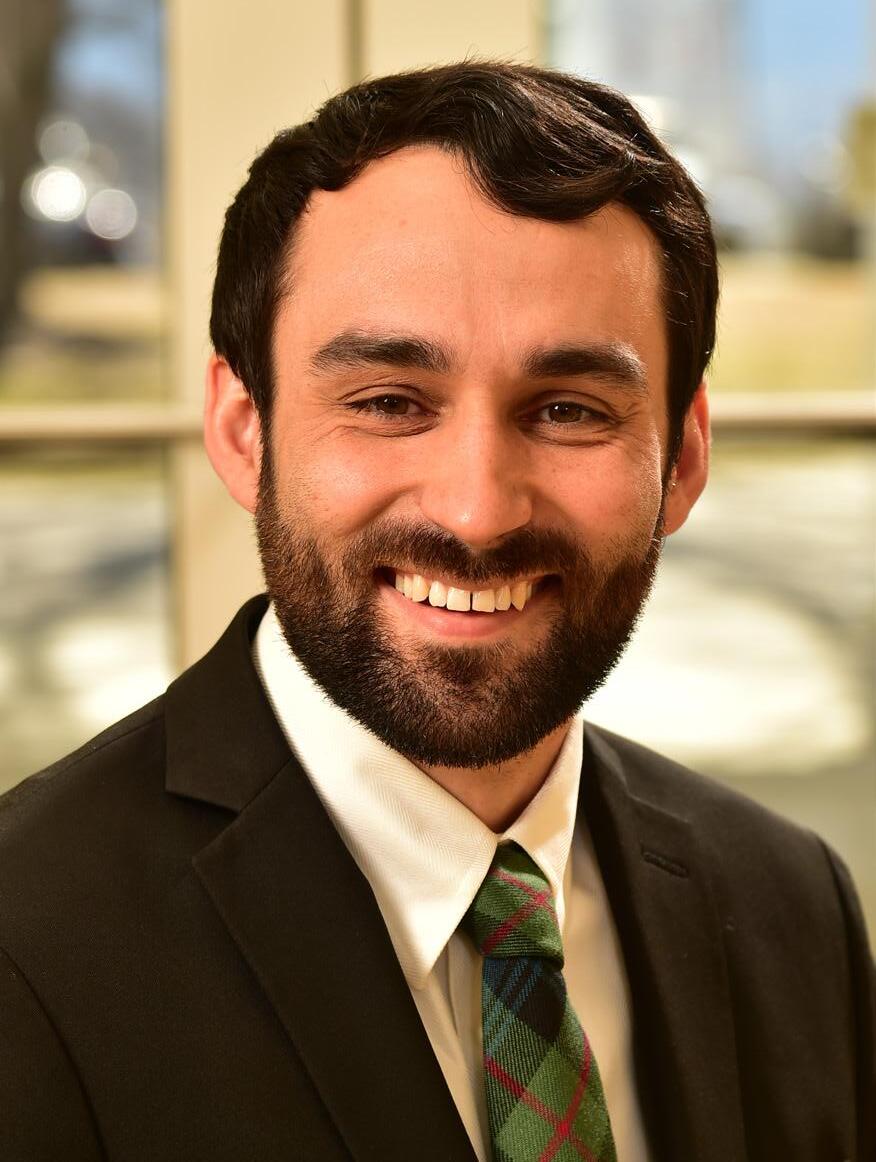
Our program helps youth see that Christ came to fill more than just our immediate needs. He came to offer new life, purpose, and lasting fulfillment.
Each week, these EAP groups provide a space for our youth to unplug from technology, hear from scripture, and experience the power of prayer. The horses help bring Biblical concepts to life, making faith tangible and accessible for teens who may have never set foot in a church.
As this equine season comes to an end, my prayer is that the seeds planted will grow into faith that is deeply rooted in Christ. Through the unique blend of EAP and spiritual guidance, we are seeing lives transformed.
BOARD MEMBER SPOTLIGHT:
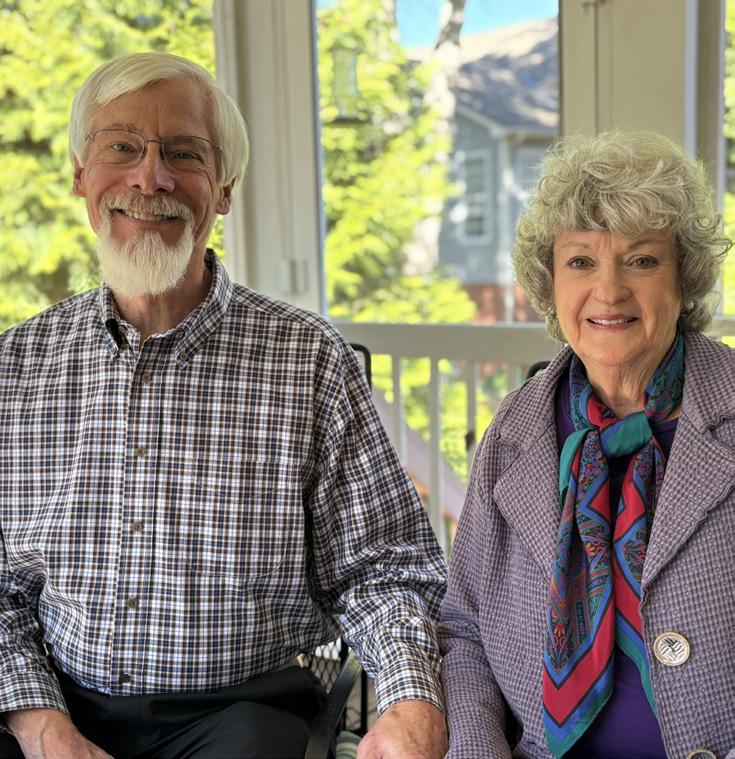
REV. GEORGE H. FLETCHER, III
What initially drew you to HopeTree’s mission?
My first connection to HopeTree was as a kid playing in a church basketball league. Our games were held in the gym on the Salem campus of what was then the Virginia Baptist Children’s Home. We played against other churches and the Children’s Home had a team too. They always slaughtered us. (I’m pretty sure they had a home-court advantage!)
It was a Virginia Baptist ministry that my home church supported, so I knew who they were. Over the years, the more I learned about what they did, the more I admired and respected their love for the people they served. Later, the churches I pastored also supported HopeTree in different ways. So when my friend Stephen Richardson, the former executive director, invited me to join the Board, it felt like a natural next step in supporting a ministry I had long cared for.
How have you seen HopeTree evolve in response to changing community needs or broader societal shifts?
What’s impressed me most about HopeTree is its ability to evolve while staying true to its mission. When government policy shifted away from group homes toward single-family settings for children, HopeTree didn’t walk away from that work. Instead, they launched Treatment Foster Care and continue to serve kids and, in many ways, strengthen our overall focus on families.
Another major milestone was the start of our Developmental Disabilities Ministry (DDM) in 1992, which has grown into our largest area of service. And even within that, HopeTree has adapted over time to offer Sponsored Residential, Community Engagement, Respite Care and more.
At one time, our campus was home to more than 300 children. Today, it's licensed for 16. but we’re reaching even more people than ever through programs designed for the world we live in now. That commitment to growth and quality has never wavered.
HopeTree is preparing for a major campus transformation. What excites you most about this next chapter?
A lot! This transformation brings all of our services and offices under one roof, which will make a huge difference for clients and staff. It will create a stronger learning environment for students at HopeTree Academy. We’re not tearing down our history; instead, we’re repurposing it and that really resonates with me. This project positions us for the future. We’ve strengthened our infrastructure, and now we’re ready to build something that serves both our mission and the greater Salem community. There will be walking trails, gathering
Rev. George H. Fletcher III with his wife, Peggy
spaces and even a museum to celebrate our legacy.It’s also an opportunity for people who believe in this work to show their support. I truly think it’s one of the most exciting times to be part of HopeTree.
What have you learned personally from your time serving on the board?
I haven’t stopped learning since day one. I’m constantly amazed by how much Jon Morris knows about HopeTree, and how clearly he communicates that knowledge. This is a complex organization with a lot of moving parts, and the more I prepare for meetings and attend committee work, the more I appreciate the depth of what we do. I’ve often said: You have to be sold on HopeTree, and the more you learn, the more sold you are.
Is there a message you'd like to share with donors, supporters or the broader HopeTree community as you conclude your term?
I’ve had so many meaningful experiences, but one from the DDM program stays with me. My wife Peggy and I visited one of the group homes during an open house in Farmville. It’s a men’s home, and the residents were so excited for guests. One young man gave me a tour of his room. He proudly showed me his dresser, pictures of his family, and mementos from events that the caregivers and community had made possible. Later, I spoke with his mom. She told me that during a recent visit home, she came downstairs one morning and saw her son’s suitcase packed and waiting by the door. She asked, “Where are you going?” and he said, “Oh, I’ve got to get home. We’ve got some things to do today.”She told me it made her a little sad, but also incredibly grateful, because her son felt truly at home at HopeTree. That’s what HopeTree is. It’s home to so many special people and has been for over 130 years. I’m proud to have played a small part in that.
HopeTree Family Services' Board of Trustees
Dr. Kim Baskette Professor & Program Director Roanoke
Dr. Herbert O. Browning Retired Pastor Midlothian
Dr. William J. Bryan Pastor Abingdon
Ronald J. Clark Project Manager/Consultant Hampton
Stephanie P. Cook Attorney Roanoke
Charles Clement Wealth Management RIchmond
William J. DeWorken Business Owner Chesterfield
Michael Dean Elmore Social Services Director Roanoke
Rev. George H. Fletcher, III Retired Pastor Zion Crossroads
Sydney Gustafson Attorney Chesterfield
Derek T. Hicks Commercial Real Estate Roanoke
Dr. Melissa A. Jackson Adjunct Professor Richmond
L.Richard Martin Retired Social Services Director Chesterfield
Morgan M. Meador Attorney Richmond
John G. Mizell, Jr. Attorney Richmond
Trinette Randolph Program Manager Richmond
Laura Riha Educational Support Specialist Roanoke
Diane Romanello Special Education Richmond
Patrick N. Shaffner Retired Business Owner Roanoke
Carla Shepherd Financial Professional Roanoke
Dr. Patrick Wood Pastor Smithfield
Richard Wright Retired CEO Richmond
Lucianne Warren Human Services Charlotte County
Kim Turner, MNA Retired Development Professional Roanoke
Larry, Russel, and Riley
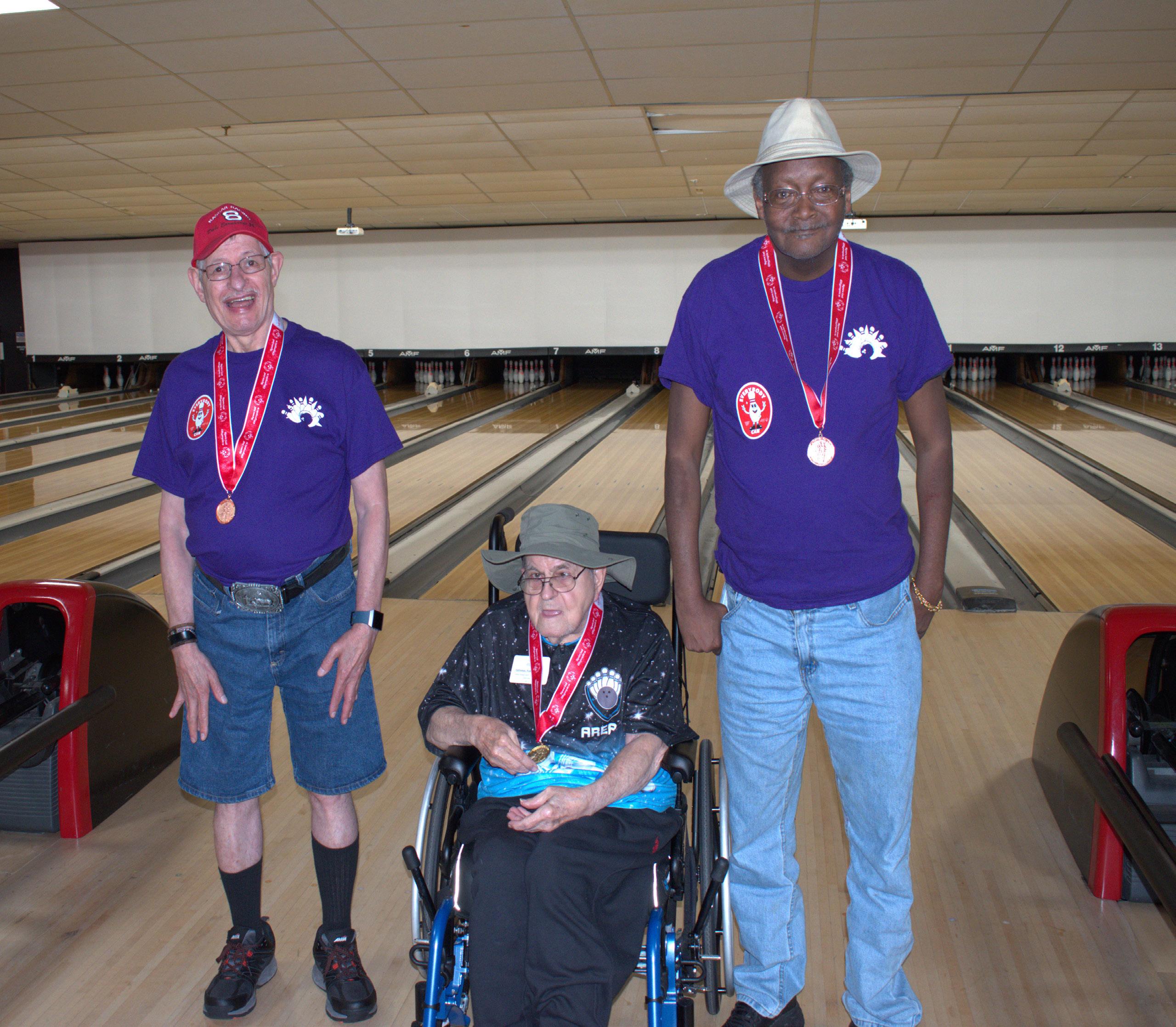
Faith in Action: Abingdon Baptist Church Makes Goals Possible
The sound of pins crashing and joyful cheers filled the Richmond bowling alley as three members of HopeTree Family Services’ Developmental Disabilities Ministry (DDM) stepped up to compete in the Virginia Special Olympics state bowling competition in Richmond. For Larry, Russel, and Riley, this was more than just a fun day on the lanes; it was the culmination of months of practice, regional wins, and a goal realized through the unwavering support of Abingdon Baptist Church.
From Regionals to State Residents and staff at the Bradley DDM community
home in Abingdon had followed Larry, Russel, and Riley's journey closely. After placing first and second in their respective divisions at the Area 10 Regional Bowling Competition, the trio earned their spots in the state tournament.
However, getting to Richmond from Abingdon wasn’t simple. Transportation, lodging, meals, and staff support all added up - costs that could have made the trip impossible.
“Funding was absolutely essential,” said Keshia Reese, regional director of DDM. “Traveling and competing allows our residents to grow, gain confidence, and to be recognized for their abilities, not just
their disabilities. It allows them to feel a sense of independence, camaraderie, and pride.”
A Church That Shows Up
Thankfully, they weren’t alone in making it happen. Abingdon Baptist Church has been a faithful partner to HopeTree’s Bradley and Fife community homes for years, even helping build the Bradley home itself. So, when Pastor Bill Bryan learned about the opportunity and the financial need, he brought it to his congregation without hesitation.
“God has called us to love him, love our neighbors, and to meet the needs of those who may be less fortunate.”
Pastor Bill Bryan
“I took it before our Council of Deacons,” said Pastor Bryan, pastor at Abingdon Baptist Church and a HopeTree Board of Trustees member. “They decided they would take it on themselves and pledged up to $2,000 to cover the travel costs to the Special Olympics. We quickly and easily raised the full amount.”
Their support covered the travel, lodging, and meal expenses for residents and team members. This wasn’t the first time they had stepped up, and Pastor Bryan says it won’t be the last. Over the years, the congregation has embraced the residents as part of their extended family.
“Helping individuals with developmental or intellectual disabilities is part of our calling and mission,” he said. “God has called us to love him, love our neighbors, and to meet the needs of those who may be less fortunate.”
The trip was unforgettable. At the state tournament, Russel bowled his way to a first-place finish. Riley and Larry each earned bronze medals in their divisions.
“Watching their faces light up with pride and excitement it’s incredibly moving and something you never forget,” said Reese. “The generosity and encouragement from Abingdon Baptist Church made all the difference.You didn’t just support a trip, you supported dreams, growth, and lifelong memories.”
The celebration didn’t end in Richmond. The Sunday
after their return, Abingdon Baptist Church invited the residents to their worship service and honored them in front of the congregation. Medals gleamed under the sanctuary lights as Larry, Russel, and Riley stood proudly at the front.
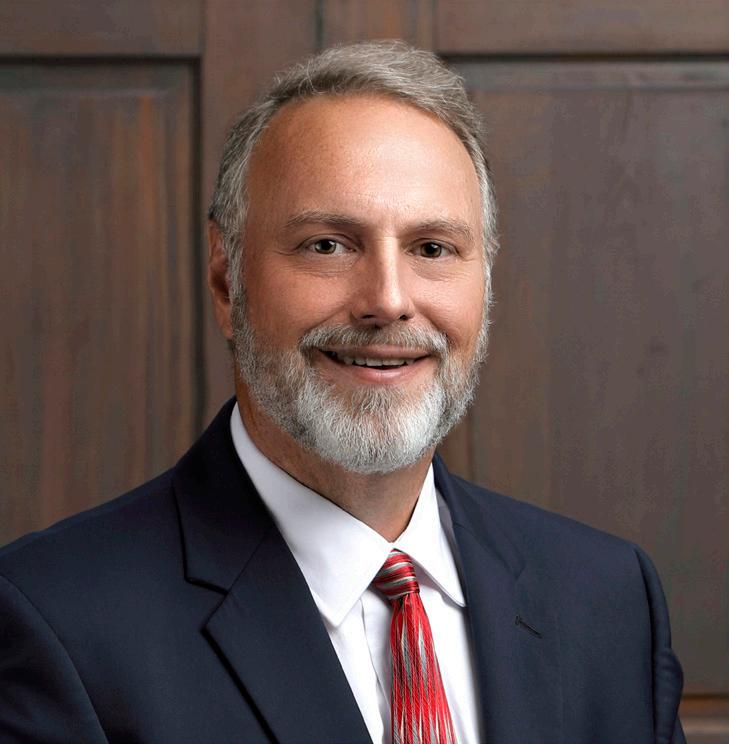
“It’s not just about simply providing money,” Pastor Bryan said. “It’s about living the relationship. It really is worship. We’re celebrating the success of our brothers in Christ.”
A Lasting Impact
The trip to Richmond gave Larry, Russel, and Riley more than medals; it gave them memories, confidence, and a deeper sense of belonging.
“It’s an exciting time for them you can see it all over their faces,” Pastor Bryan reflected. “It’s also exciting for our congregation. I see the love and care on their faces for these folks who achieved an accomplishment that raised their self-esteem and proved that they are capable.”
Pastor Bryan hopes the residents continue to participate in the Special Olympics and that his church will be right there with them, putting their faith into action.
Pastor Bill Bryan

I Knew I Was Safe Here
How A Journey Through HopeTree Sparked a Life of Resilience and Hope
When Liz first arrived at HopeTree’s Therapeutic Group Homes, she had no idea where she was or why she had been brought there. Her aunt had dropped her off at the courthouse without warning. No suitcase. No goodbye. Just uncertainty.
“I was definitely really scared,” Liz recalls. “I didn’t know what was happening or where I was going. But looking back, coming to HopeTree was the best thing that could’ve happened.”
That day in 2020 marked the beginning of a journey that would lead Liz toward healing, self-discovery, and a future she never thought possible.
The Reality of a Traumatic Childhood
Liz had already endured more instability than most kids her age. She spent time living with her
parents, both of whom struggled with substance use, and later with an aunt in a household filled with neglect and abuse. “I don’t think anyone realized how bad it was,” Liz says. “Until it all came crashing down.”
When her aunt abruptly gave up custody, Liz was thrown back into foster care—this time with more complex needs than a typical placement could handle. The Department of Social Services referred her to HopeTree’s Therapeutic Group Homes.
“I didn’t think I was a bad kid, but that’s how people treated me,” she remembers. “At HopeTree, they treated me like someone worth helping.”
A Second Chance at Stability
At HopeTree, Liz found more than just a roof over her head. She found a safe, structured space that gave her the tools to start processing the trauma she’d been carrying for years.
“I called HopeTree and said, ‘Please come get me.’ And they did, within the hour, that meant everything.”
-Liz
“There was a therapist available every day, we had group sessions, and staff made time for one-onone conversations too. That was huge,” she says. “They actually cared."
After a few months, Liz transitioned into a foster home, but when the placement became unsafe, she turned back to the one place where she had felt secure.
“I called HopeTree and said, ‘Please come get me.’ And they did, within the hour,” she says. “That meant everything.”
Growth, Healing, and Belonging
Her second stay at HopeTree lasted nearly a year. It gave Liz time to stabilize emotionally, reconnect with school, and begin to build the life she wanted.
“Leaving the second time was hard. It felt like I was leaving home,” Liz admits. “But I also knew I was ready.”
She transitioned to a supportive foster home and began to thrive. She took college-level classes in criminal justice. While in high school, she began seriously thinking about her future and started taking college-level classes in criminal justice. Now, she's not just thinking about it—she's doing it
Looking Ahead with Purpose
Now 18 and living in Lynchburg, Liz attends Longwood University, where she studies social work and minor in criminal justice. Her goal? To help kids just like her.
“For a long time, I didn’t think I’d even graduate high school,” she says. “Now I want to be the one who shows up for someone else.”
She’s inviting several HopeTree staff members to
her graduation to celebrate this milestone with people who remained in her corner through it all.
“They made a difference that I’ll never forget,” she says. “They reminded me that I mattered. That I was worth fighting for.”
Resilience in Action
Liz sees herself now as someone who has endured more than most but who never gave up.
“HopeTree gave me safety, structure, and the people who believed in me when I didn’t believe in myself,”
-Liz
“I’d say I’m resilient,” she says. “A lot of people who go through what I did don’t make it, but I did.”
Her journey is far from over, but the foundation laid at HopeTree will always be a part of who she is.
“HopeTree gave me safety, structure, and the people who believed in me when I didn’t believe in myself,” Liz says. “I’ll carry that with me for the rest of my life.”
Hope That Grows
Liz’s story is a living reminder of what’s possible when a child in crisis is met with compassion, structure, and love. Through two placements, countless therapy sessions, and a team that never gave up, Liz didn’t just survive—she bloomed.
Now, she’s ready to help others do the same, because Liz isn’t just a survivor; she’s proof that hope can grow.
TOGETHER AT THE TABLE
LEAH SHANK, DIRECTOR OF PHILANTHROPY
Have you ever thought about where you build community? Where do you gather with family and friends? How do you truly connect with the people in your life?
More often than not, it happens over a meal— through conversation, laughter, and shared stories. Whether daily, weekly, or just once in a while, these moments matter.
When we come Together at the Table, something extraordinary happens. Ideas come to life through meaningful dialogue. Laughter echoes from shared joys. Hearts reconnect after long days apart.
We Invite You to Our Table
Some of you have been gathering with us for years, and your presence means the world to us. Others may be pulling up a chair for the very first time. No matter where you’re coming from, you are welcome here.
Our table is filled with children, adults, and families from all walks of life. Some children are in foster care, searching for their forever home. Others live with developmental disabilities and receive daily support. Many have experienced the love and care of HopeTree and have gone on to thrive. Together, they form a beautiful reflection of God’s masterpiece.
So please, pull up a chair and join us anytime. We
Your Gift Today Changes Lives
welcome you with open hearts and open arms.
Your financial support means more now than ever. By joining us at the table, you’re not only providing essentials to those we serve—you’re offering hope, strengthening communities, and helping shape futures that might not have been possible otherwise.

Will You Make a Gift Today?
Your donation directly supports children, families, and individuals in need of care, stability, and love. Every dollar helps us extend the table a little further and welcome even more people into a place of belonging.
You may send a donation through the envelope provided or scan the QR code below to give online.
We are reminded daily of the promise in Ephesians 3:20 - “God can do immeasurably more than all we ask or imagine.”
Thank you for being part of this journey. We’re so grateful to have you at the table.
Every donation you make brings hope, healing, and a renewed sense of possibility to someone in need. Your support empowers real change today, tomorrow, and for years to come. Scan the QR code to give. Thank you for being part of this life-changing mission.

A GRATEFUL STEP FORWARD THE KEESEE CHAPEL RAMP
At HopeTree Family Services, every project we undertake is rooted in our mission to create spaces that reflect dignity, accessibility, and belonging. That’s why we are especially grateful to celebrate the completion of the Keesee Chapel ramp - our campus' first permanent accessibility ramp for the chapel.
Until December 2024, the chapel, which is one of the most cherished and utilized spaces on our campus, had never been fully accessible. Thanks to the generosity of donors like the Charles B. Keesee Educational Fund, Inc., Victoria Rodriguez, LeighAnn Quarles, Glascoe Ferguson Jr., Stephen Vinson, Eugene M. Bane Jr., Joseph Montsextre, Israel Stewart Jr., Kiwanis Club, and Mersen, that changed.
inclusion and forward momentum. While not all of our residents use wheelchairs or walkers, the ramp provides essential support to anyone with mobility differences, whether temporary or permanent. And it doesn’t just serve our residents.

Staff, volunteers, family members, and community guests now have safer and easier access to one of the most meaningful spaces on our campus. From worship services and therapeutic groups to community events and personal reflection, the chapel is a place where hearts are lifted and now, so is every step to get there.
Together, we’re not just updating a building; we’re building a future grounded in care, access, and

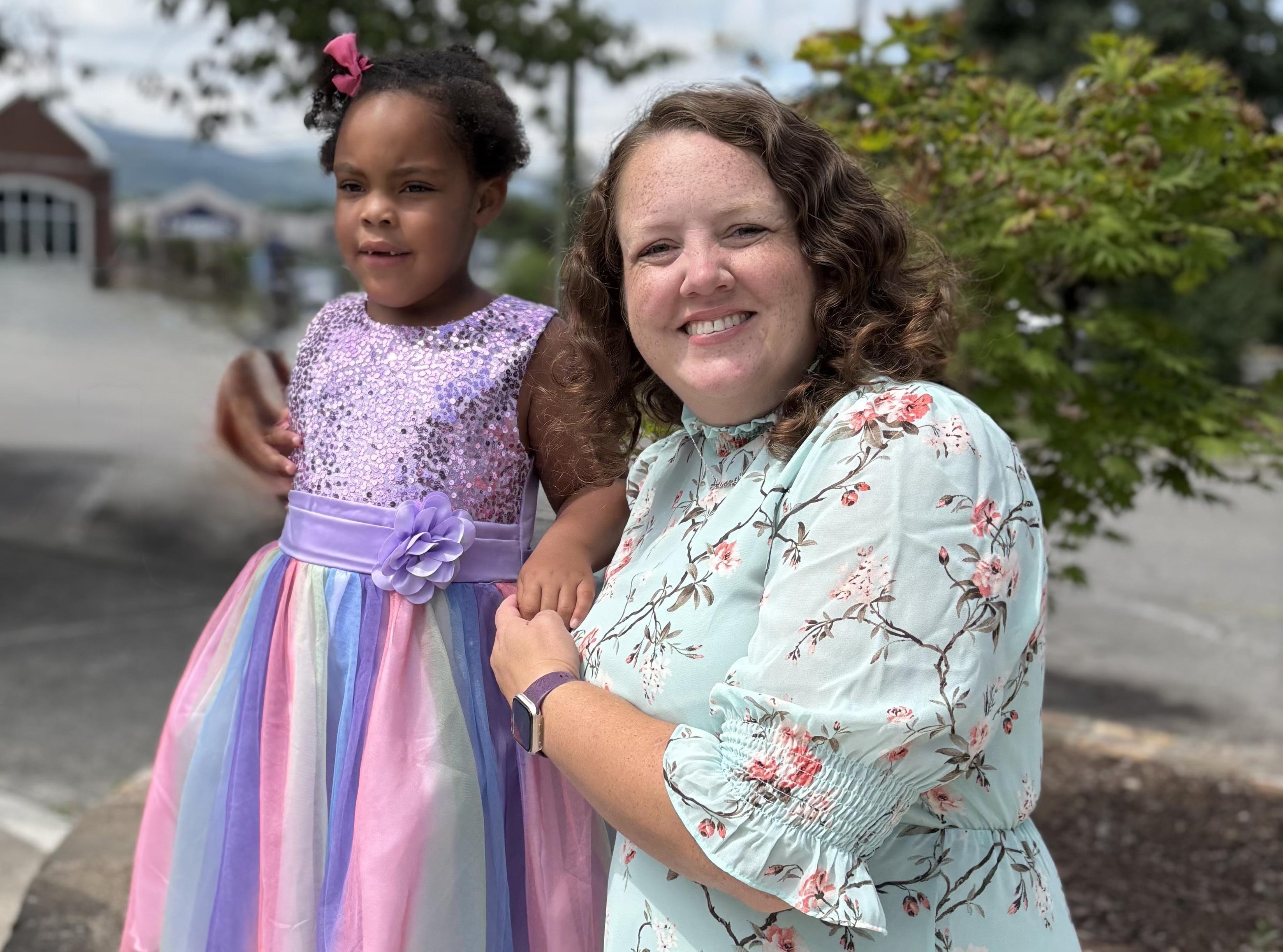
Right Where She Belongs: How Kari Poage Found Her Daughter in a Child
Who Needed a Chance
When Kari Poage first opened her home to foster care, she couldn’t have predicted the winding, emotional road ahead. She never imagined it would one day lead to her becoming a mother to a little girl named Aurora.
A special education teacher by profession, Kari had always had a heart for children with unique challenges. With her biological children growing up, she felt a stirring in her mid-thirties to explore fostering. “I started looking into adoption options, and that’s when I first learned more about fostering to adopt,” Kari recalls. Information sessions, including one with HopeTree, sparked something in her, and
she soon found herself enrolled in foster parent training classes. She was certified by December 2021.
Her first placement was short-term respite care for an 11-year-old girl who was used to the chaos of a large foster family. The transition to Kari’s quiet home may have been jarring, but it became a treasured memory for both. The same girl would return to Kari later for a longer placement, a comforting sign that the connection they formed was meaningful.
But Kari's first full-time placement, a 10-year-old boy, brought unexpected challenges. "He ran away on the second night,” she remembers. “It
was tough. I felt like I had failed.” The moment was pivotal, not because she turned away, but because she didn’t give up. HopeTree staff offered support, reassurance, and compassion. “They reminded me that you never know everything going into a placement. That it was okay to recognize your limitations.”
Then came Aurora. She was almost three years old when she arrived at Kari’s door in July 2022. Quiet, developmentally delayed, and suspected of having autism, Aurora had already cycled through another foster home that wasn’t equipped to meet her needs. Kari, with her special education background, felt ready to try.
“We started planning a birthday party right away,” Kari says with a smile. “She couldn’t talk, wanted to be held all the time, and drank from a cup like it was a bottle. She felt more like a baby than a toddler.” But slowly, day by day, Aurora began to blossom.
With therapy, early education services, and above all, love and consistency, Aurora’s world opened up. She started using sounds to get attention. “Pfff!” became her go-to noise in the car. Gradually she built up the ability to express herself. Her first words were her favorite songs. Wheels on the Bus came out as “beeboh-buh,” and she couldn’t get enough of “Shoo Fly Don’t Bother Me.” Music was the bridge to language, and Kari was there for every note.
“I think I fell in love with her within the first week,” Kari admits. But loving a child in foster care doesn’t guarantee a forever home. For months, Aurora’s future hung in the balance. Would she return to her biological parents? Or would an out-of-state aunt gain custody?
“I prayed a lot,” she says. “I just kept asking that God’s will be done, wherever Aurora was meant to be.” In May 2023, a judge decided Aurora would stay right where she was, with Kari. It would take another year and two rounds of appeals for that decision to become official.
On June 11, 2025, Kari got the call while she was at work. “It was like a huge weight lifted. Finally, everything was in place.”
They celebrated at Aurora’s favorite place, a splash pad in Christiansburg, joined by family and HopeTree
staff who had walked beside them throughout the journey.
Aurora, now six, has grown into a joyful, silly, affectionate child who adores Peppa Pig, trampolines, and water play. She talks in full sentences, gives hugs freely, and makes up funny voices just to make her mom laugh. “She’s full of personality,” Kari says. “I can’t imagine my life without her.”

Treatment Foster Care Supervisor
Hope Smith and Aurora
Their journey together has not been easy. Aurora entered care due to neglect and exposure to severe domestic violence. Kari has agreed to keep in touch with Aurora’s biological parents, who now reside out of state, and has been in email contact with Aurora’s birth mother. “If Aurora ever wants to know more, I’ll support her,” Kari says. “But right now, we’re just focusing on growing together.”
For Kari, fostering was more than a calling. It was a lesson in faith, resilience, and love. “It’s made me more aware of how trauma affects children and adults,” she says. “Even if fostering isn’t for everyone, there are so many ways people can support these kids. They can help through respite care, babysitting, making a meal, or just being there for a foster family.”
Her advice to those unsure about fostering? “Start with a conversation. Just learn more. Even if you only help one child for a short time, it matters.”
For now, Kari is focused on helping Aurora heal and grow, one day at a time. Their story is a reminder that the heart of foster care is about showing up, offering love, and changing lives.
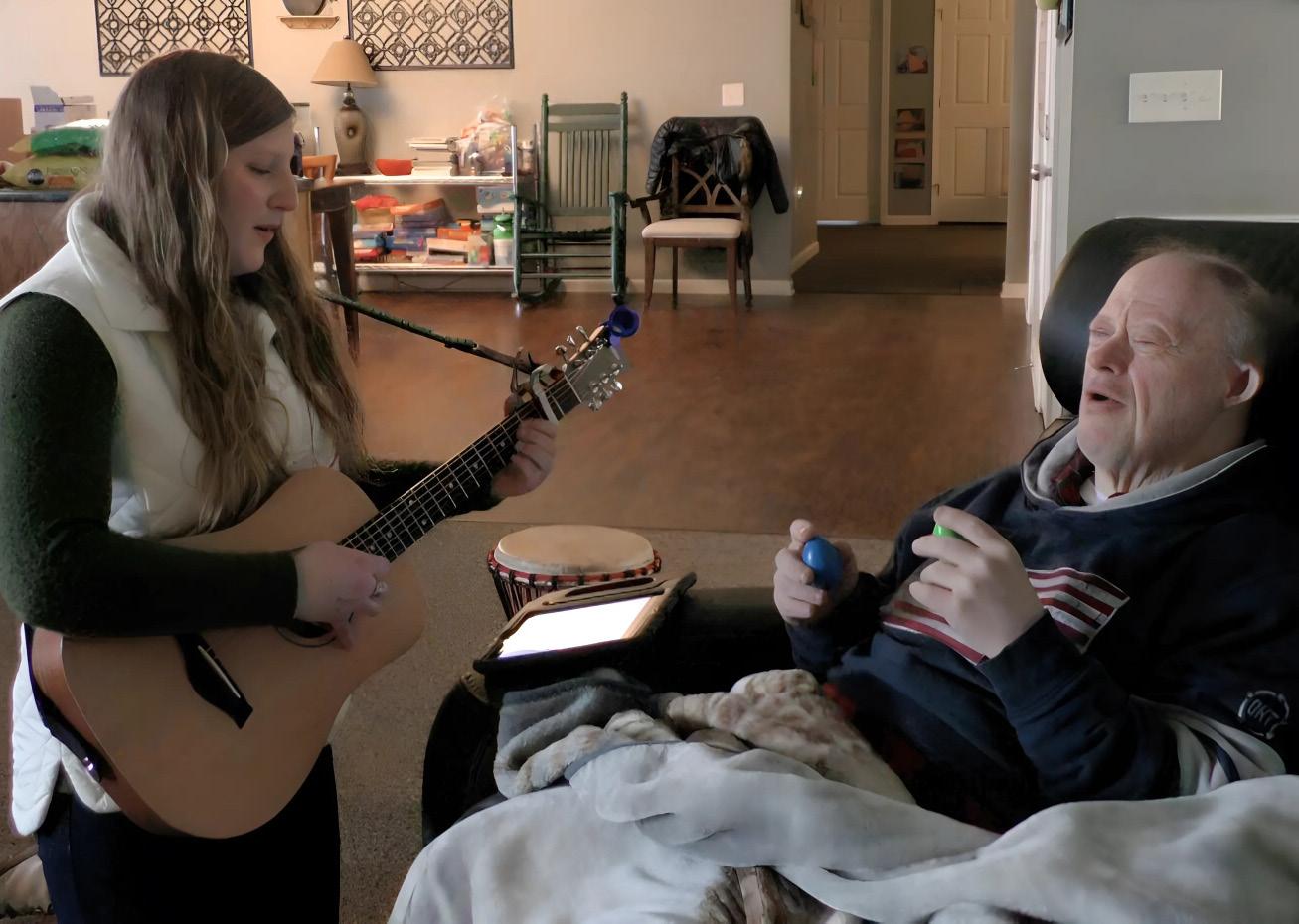
Cassie Smith and David
Music that Heals
A Harmonious Partnership
In the Developmental Disabilities Ministry (DDM) at HopeTree Family Services, something extraordinary happened when healing, compassion and joy came together. That magic came alive through a partnership with Anderson Music Therapy, which provided music therapy sessions for adults with intellectual or developmental disabilities living in DDM community homes in Salem, Virginia. Thanks to this partnership, residents experienced the power of music in their development, emotional well-being and quality of life.
What is Music Therapy?
According to Noel Anderson, CEO and clinical director at Anderson Music Therapy, music
therapy is the use of music to help people accomplish their goals, grow and heal. Boardcertified music therapists use evidence-based strategies such as composition, improvisation, recreation and listening to meet an individual’s unique needs.
“It’s very holistic,” Anderson said. “We can address many different needs such as cognitive, emotional, social, sensory, and motor skills.”
At HopeTree, residents participated in individual or group sessions in their own homes, doing everything from songwriting to drumming to analyzing lyrics. Each session was tailored to the residents’ abilities and goals.
“We meet them where they’re at,” said Cassie Smith, a board-certified music therapist at
Anderson Music Therapy. “The first session that we do is about getting to know each other and what they like and don’t like.”
Smith said she ended each session with a coping skill, whether it’s active listening, emotional regulation or a progressive muscle relaxation technique, to help residents work toward their individual goals.
A Transformative Tune
Beyond the techniques themselves, the real impact of music therapy became visible in the lives of the residents. For individuals who had difficulty with verbal communication, music therapy offered a positive outlet for expressing emotions. It was also motivating and created a sense of accomplishment through activities like composing songs, singing or playing along with favorite tunes.
“Music can have a powerful impact on emotions,” said Keshia Reese, regional director of DDM. "For residents, especially those with cognitive decline, it can help reduce feelings of anxiety, depression and loneliness.”
Almost immediately after the music therapy sessions began, team members noticed meaningful changes in the residents. According to Reese, the residents enjoyed having someone visit and engage with them, but the impact went beyond simply seeing a friendly face.

“The sessions help create a calming atmosphere, which was particularly beneficial for those struggling with mood disorders, dementia or cognitive decline,” she said.
These sessions provided an enjoyable way to promote overall health, making them a great complement to traditional medical treatments. “It’s because music is fun,” Smith said. “It’s motivating, it connects people and it releases those feel-good neuroreceptors in our brain, such as dopamine and serotonin.”
Smith credits that effect for the significant growth she saw during the group sessions.
“They seem to have an increased empathy toward each other,” she said. “Their teamwork skills during songwriting and cognitive skill games significantly improved. They helped each other when someone’s stuck on a question and even physically helped each other sit down at the beginning of the session.”

With each visit, individuals living in DDM community homes did more than just make music. They built confidence, strengthen bonds and developed the skills needed to live more independently.
“I hope that each of the individuals takes away some new skills and confidence to move forward,” Anderson said.
Even long after the music fades, this partnership reflects HopeTree’s mission to empower individuals to live fulfilling lives and demonstrates the transformative power of creative, therapeutic care.
Cassie Smith and Noelle Anderson
IN THEIR OWN WORDS
My experience in Equine-Assisted Psychotherapy:
When I entered the arena, deep buried relationships with my mother, father and brother were revealed through a relationship with the horses.
My feeling of being an imposter was undone because I felt total acceptance from them without any judgment.
By following their lead in total trust, traumas from my childhood rose from my core and began to unravel.
After several sessions, I began to feel liberated and fully integrated. Instead of my sense of fragmentation, all the many scattered pieces of my being joined together.
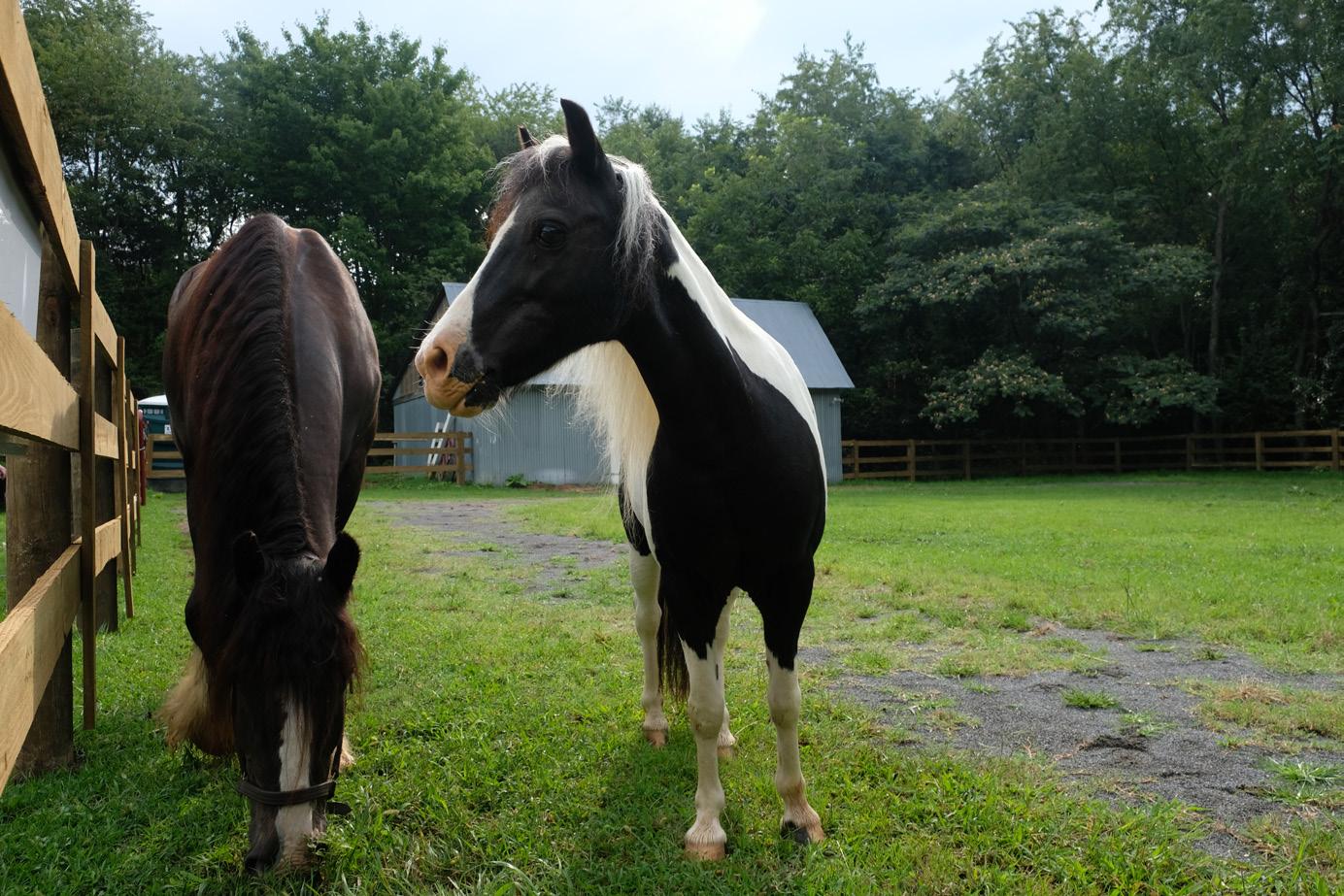
As a child and long after, I survived by being shy, withdrawn and being a people pleaser. Now the horses guided me to a place where I could finally connect with my authentic self, a place where I could thrive!
-HopeTree Equine-Assisted Psychotherapy Client
About Equine-Assisted Psychotherapy
At HopeTree, Equine-Assisted Psychotherapy (EAP) is a powerful therapeutic approach that uses interactions with horses to help individuals explore emotional and psychological challenges. As reflected in this client's testimonial, horses can become mirrors to our inner lives—gently revealing deep-seated trauma, emotional patterns, and relationship wounds.

Through their nonjudgmental presence and intuitive responses, horses help clients gain insight, experience acceptance, and build trust. In this case, working with horses helped the client process childhood trauma, overcome feelings of fragmentation, and rediscover their authentic self—ultimately leading to emotional healing and personal growth.
Learn more at hopetreefs.org/EAP.
ACORN AWARD WINNERS
The Acorn Award is one of HopeTree's highest employee awards that we present every quarter. Team members are able to nominate anyone in the company that exemplifies our core values, especially our core value of ministry and their willingness to go above and beyond the call of duty.
The Acorn Award honors servant leaders and those individuals that make HopeTree special.
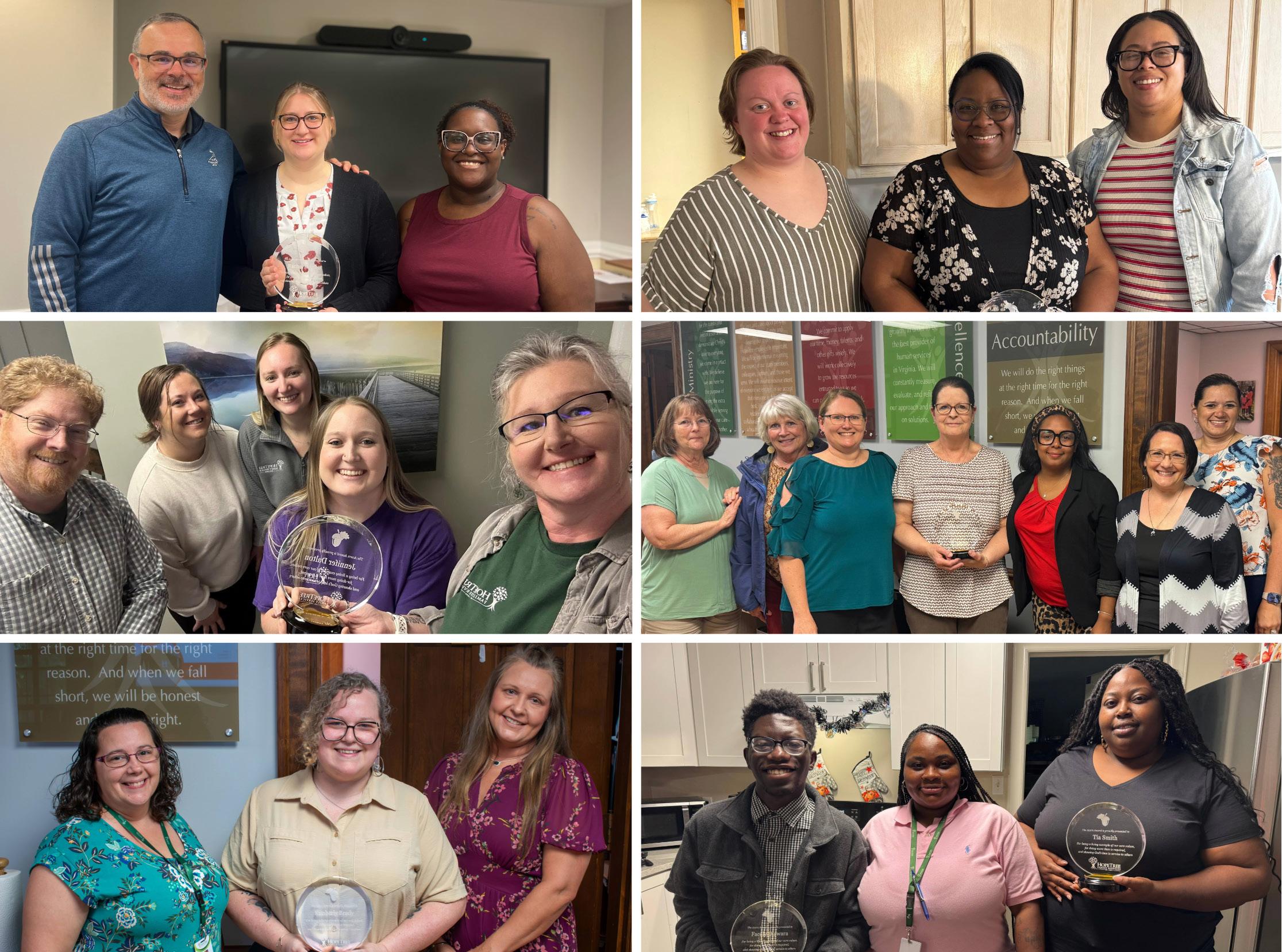
Congratulations to our Acorn Award winners from this year!
SPRING 2025
Rachel Rowlett
Tiffany Jones
Jennifer Dalton
Nina Bratton
FALL 2025
Kimberly Brady
Facely Diawara
Tia Smith
SPONSOR SPOTLIGHT
THANK YOU FOR YOUR SUPPORT IN 2025

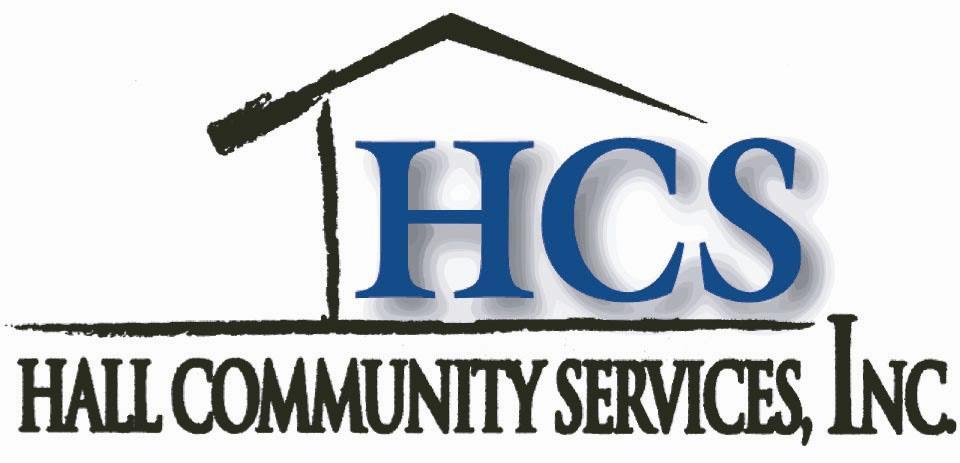






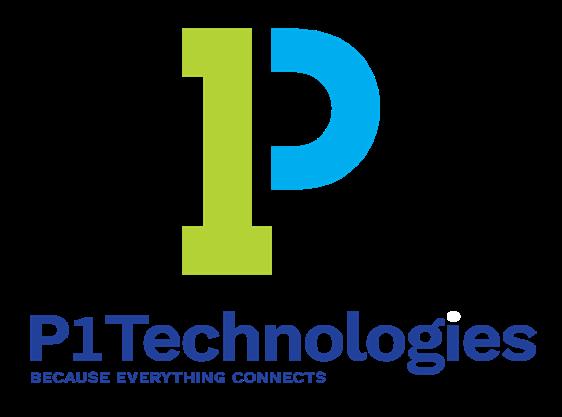



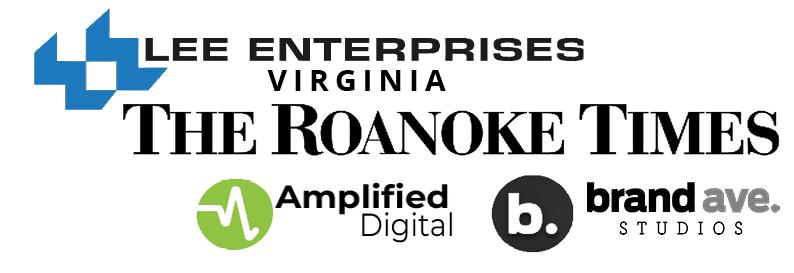


George H. Fletcher, III in memory of George H. Fletcher, JR. & Audrey H. Fletcher
Highlights from HopeSwings Golf Tournament
Richmond, VA - May 5, 2025
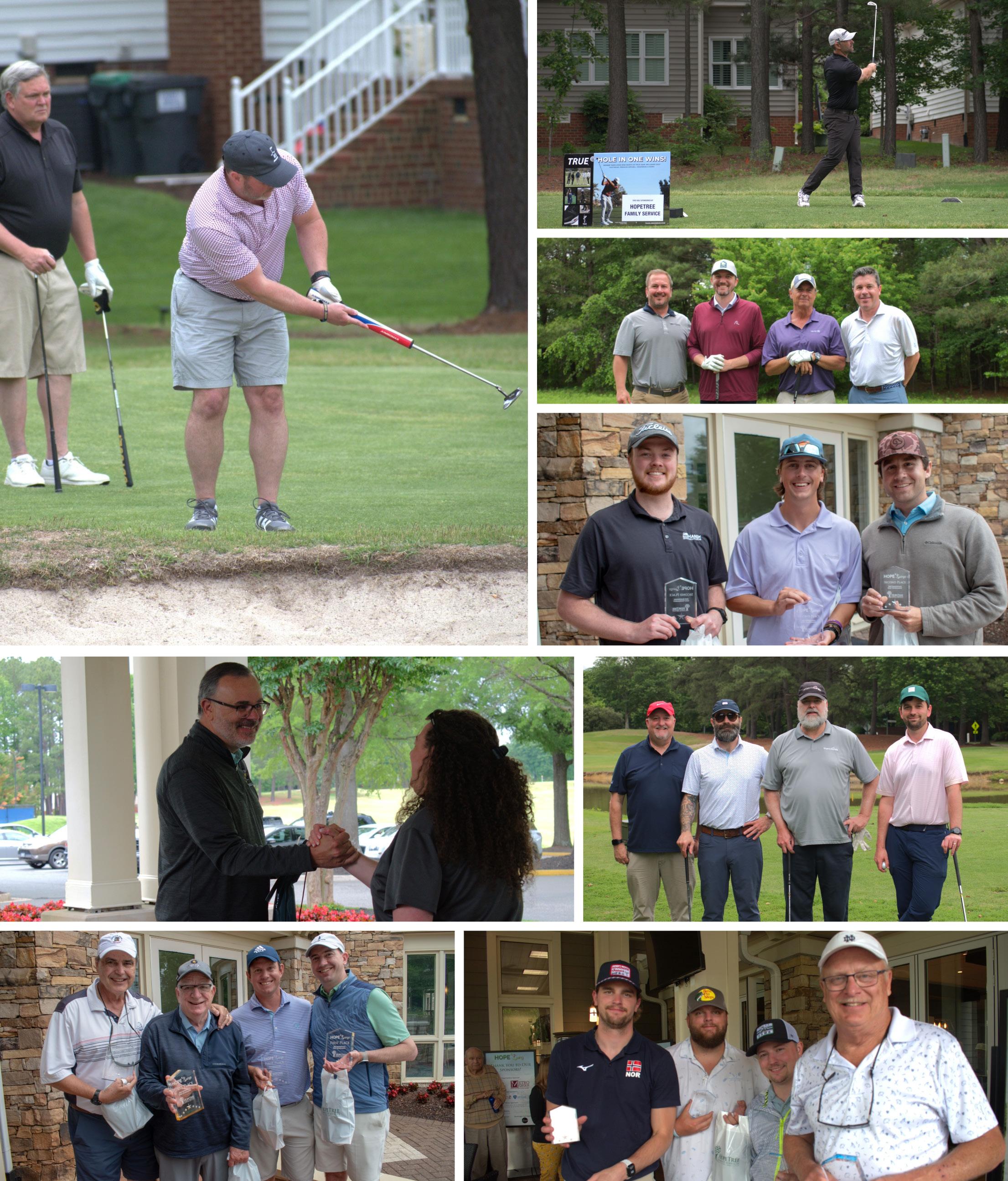
Highlights from HopeSings
Roanoke, VA - August 8, 2025
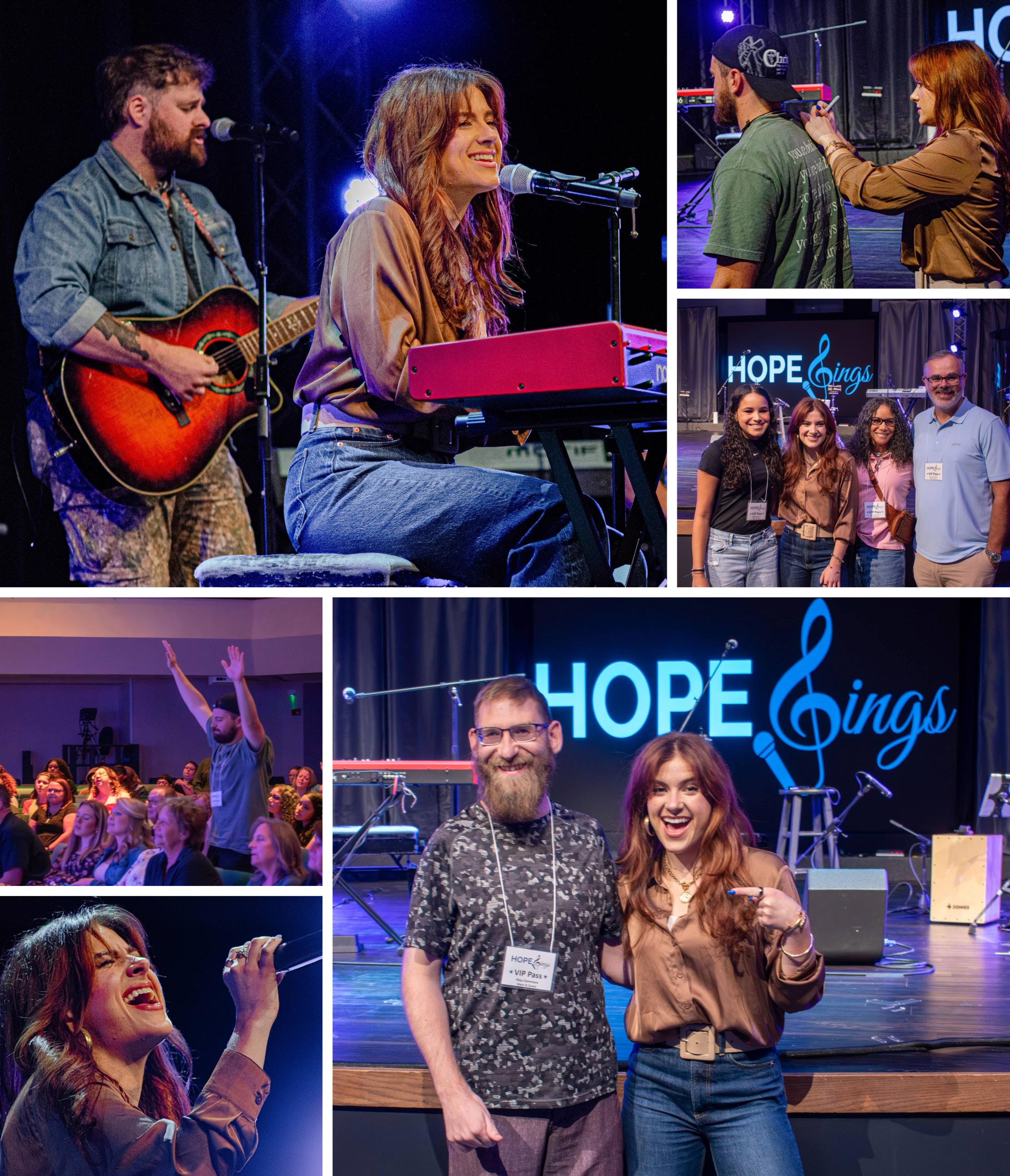
Highlights from HopeGrows
Roanoke, VA - September 12, 2025

